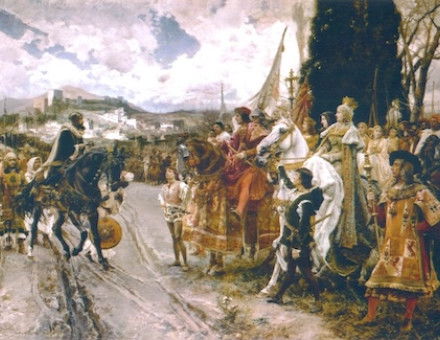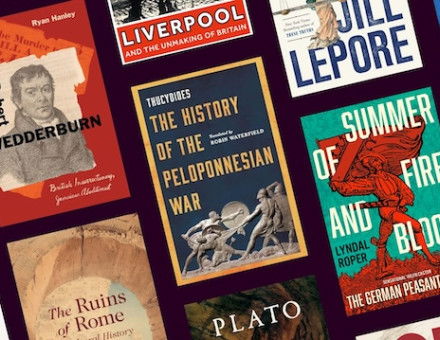The Late-Victorian Army
Unpopular in the country at large, neglected by successive governments, the Victorian army was slowly brought up to date, writes Brian Bond, despite military obscurantism and strenuous bureaucratic opposition.
“We may not be a military nation,” wrote Sir Garnet Wolseley in 1887, “but without doubt we are the most warlike people on earth.” His paradox explains the ambiguous role of the Army in Victorian life: neglected by the Government in peace-time, the Army quietly policed and extended the Empire, but only during occasional invasion scares (as in 1858-9) did it cast off its role of poor relation to the Navy. The Navy was the bulwark of the constitution, and had the advantage of seldom attracting public notice.
By contrast, the Army flaunted its unwelcome presence everywhere; recruiting sergeants haunted public houses, billeting continued into Victoria’s reign, and workhouses had more than their fair share of unemployed veterans. Ridiculous as it now seems, the fear lingered on that, as in Cromwell’s day, the Army might again be a menace to the state.





